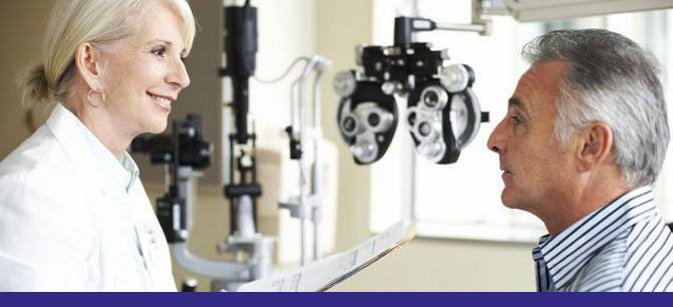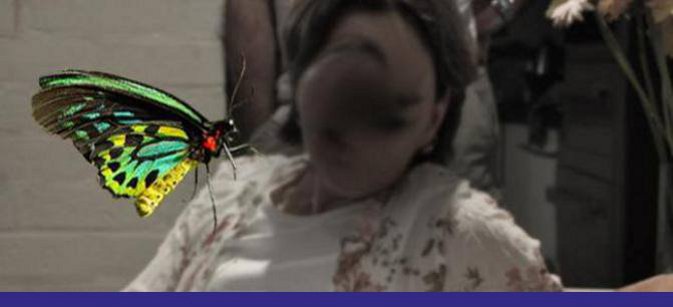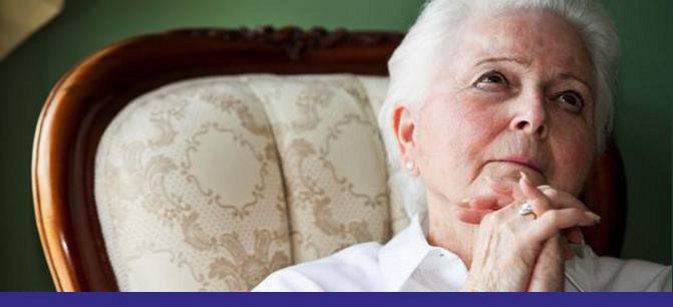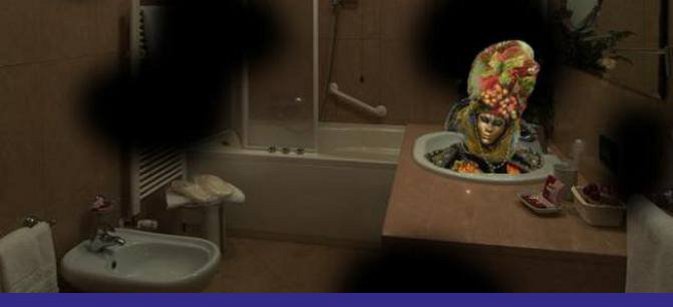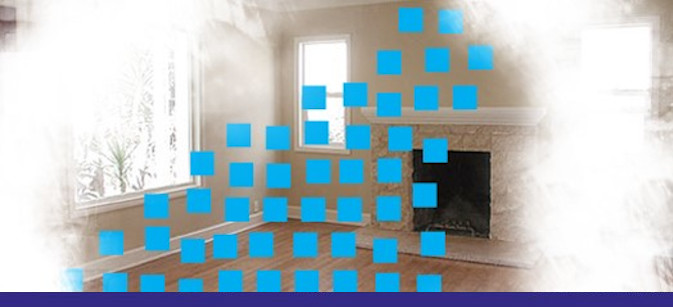In late September 2014, the Board of the Royal College of Australian and New Zealand College of Ophthalmologists (RANZCO) approved a formal position on Charles Bonnet syndrome (CBS) as a legitimate clinical entity. Not only does the position statement outline the condition’s causes and characteristics, but also highlights the need for ophthalmologists to take a more pro-active role with regard to CBS:
“To alleviate the anxiety which may be associated with CBS, ophthalmologists…should be aware of, and openly discuss, the possibility of CBS with people who have lost vision…”
It goes on to add:
“CBS can be very distressing for patients and they may not be forthcoming with their eye health professionals for fear of being misinterpreted as having a mental illness…at a time when they are also dealing with their loss of vision. To alleviate the impact and anxiety, eye health professionals should be aware of this syndrome and provide counselling and support as necessary.”
The CBS Foundation warmly welcomes RANZCO's formal position on CBS. By firmly placing CBS within the scope of the consultation process is an encouraging development. Hopefully, this will lead to an increase in CBS vigilance amongst ophthalmologists in everyday clinical practice.
Historically, and regrettably, CBS has been viewed as a rare condition. This has been raised as an argument why not much attention should be focused on the syndrome. However, CBSF is heartened to note within the RANZCO document that:
“Experiencing visual hallucinations after vision loss is common…”
This affirmation of CBS' commonness is well-overdue recognition of the importance of CBS within the vision loss domain.
For a view of the complete RANZCO position statement, click here.


